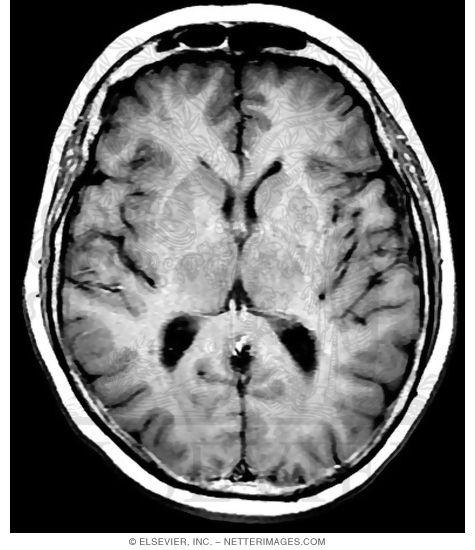
Execute the installation script (sh setup.sh) from a shell terminal.  Unzip the file on your spectrometer disk, or alternatively at an NFS mounting point if you want to share NMRlib between several spectrometers.
Unzip the file on your spectrometer disk, or alternatively at an NFS mounting point if you want to share NMRlib between several spectrometers. #Ajnr silenz pulse seqquence archive
Download the archive using the request form on this web page. Safety checks furthermore assist the user in experiment setup. The library contains also an extensive set of calibration tools for transfer steps (cross-polarization homonuclear transfers such as BSH-CP, DREAM, RFDR INEPT etc). The library comprises 1H-, 13C- and 15N-detected experiments for biomolecular resonance assignment (protein backbone and side chains, sugars), distance restraints (1H-1H, 13C-13C), molecular dynamics (relaxation, dipolar-coupling measurements, conformational exchange). The BEST-TROSY HNCA, HNcoCA, and iHNCA experiments now contain options for CB decoupling during CA chemical shift editing using GOODCOP/BADCOP pulses.Ĭurrently, more than 140 pulse sequences are implemented for homo- and heteronuclear experiment from 1D to 4D. Latest developments in the solution-state NMR branch 09/2019 So, have a look back at this site in the future. NMRlib is regularly updated with new developments. In addition, it also contains tools for pulse calibration, setup of composite pulse decoupling, and advanced data processing. In particular, NMRlib contains most of the fast NMR experiments (SOFAST-HMQC, HET-SOFAST, BEST-HSQC, BEST-TROSY, HADAMAC. Currently, the library comprises NMR tools for sample quality control, resonance assignment, and the measurement of structural and dynamic NMR parameters. The library has been developed mainly for protein NMR, but it can be easily extended to other fields of applications. The installed probe is automatically detected, which opens either the solution- or solid-state NMR branch of the library. Upon installation, NMRlib comes with both solution- and solid-state NMR experiments. The created python scripts can then be used on other spectrometers or shared with other users. The IBS pulse sequence package also contains tools that allow you to create your own templates that will be automatically included in the GUI starting from a successful NMR experiment. This allows easy maintenance and further development of the library. The NMR experiments can be easily shared between several NMR instruments (via an NFS mounting point for example). If necessary, the spectroscopically relevant parameters (excitation offset and band widths in ppm) are made accessible to the users via constants. Shaped pulse parameters (pulse length, power level, and frequency offsets) are calculated within the pulse sequence. A dialog window allows the user to define a few sample dependent parameters, and to select between different options. All spectrometer dependent parameters are set automatically. The user selects the experiments by simply browsing into a Jython emulated frame. Complex NMR experiments can be recorded in an automated way. The main features of the IBS pulse sequence tools are the following : Additional tools are provided for data processing, visualization, and analysis. NMRlib is easily per-sonalized by adding, deleting, or reorganizing experiments. NMRlib is magnetic-field independent, and thus particularly helpful for laboratories operating multiple NMR spectrometers. 

A NMR experiment can be set up and executed in a few clicks by navigating through the NMRlib GUI tree structure, without any further parameter adjustment. The NMRlib package contains a suite of jython-based tools designed for Bruker spectrometers (TopSpin versions 3.5–4.0) that allow easy setup, management, and exchange of NMR experiments. Solid-state NMR version : Vallet, Favier, Brutscher & Schanda, Magn. (Solution-state NMR version : Favier & Brutscher, J Biomol NMR 2019, 73:199 NMRlib has been developed in the biomolecular NMR group of the Institut de Biologie Structural in Grenoble.įor general questions or comments concerning NMRlib and the solution-state NMR branch, please contact either Adrien Favier or Bernhard Brutscher.įor solid-state NMR related questions please contact Alicia Vallet (alicia.vallet AT ibs DOT fr) or Paul Schanda (for solid-state NMR).Ī detailed description of the general philosophy of NMRlib and its implementation for solution-state NMR can be found here the solid-state NMR version is described here NMRlib 2.0 : IBS pulse sequence tools for Bruker spectrometers







 0 kommentar(er)
0 kommentar(er)
